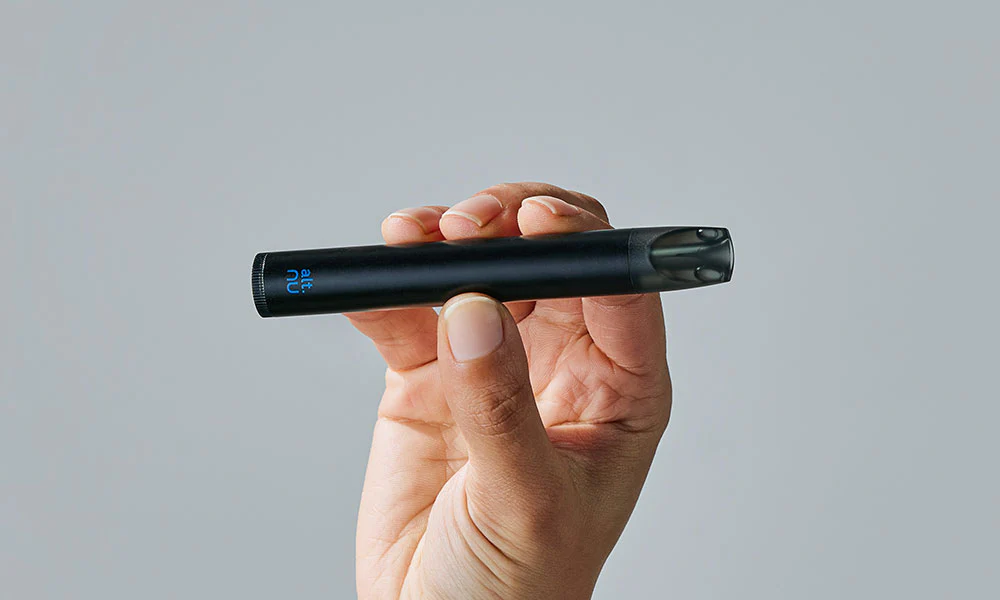What Should You Say to Someone Who Has a Drug Addiction Problem?
Seeing a loved one struggling with a drug or alcohol addiction may trigger a range of emotions, from anxiety and depression to anger. It’s natural to feel this way. The point is to have a constructive conversation with them rather than one that leads to arguments, finger-pointing, and humiliation.
Listed below are some suggestions for approaching someone about their substance abuse:
- Locate a secluded area where you may have a conversation without interruptions. Stay out of sight if you can. Tell them how worried you are about their drug abuse. Don’t ramble on and on; get to the point.
- Avoid humiliating and condemning your family member. Make it obvious that the individual is not the issue but rather the addiction.
- Be sympathetic and show that you understand what they’re going through by actively listening to their story and responding with acceptance of their emotions.
- Offer to assist them in locating addiction therapy options or community resources. Tell them you understand their reluctance and are willing to help if they change their mind.
What Can You Do to Aid Someone With a Drug and Alcohol Addiction?
Now is the best time to get treatment for someone you care about if you believe they have a drug or alcohol addiction. When approaching a loved one about their drug use and possible treatment options, it might be helpful to keep the following in mind.
- Always keep in mind that drug or alcohol addiction is a mental disorder.
Willpower alone is usually insufficient to recover from drug or alcohol misuse once it has gone out of hand. To put it simply, addiction is a disease that, over time, physically alters the brain and makes abstinence more challenging. If you try to make them feel guilty about their illness, they won’t be any more likely to give up drug abuse. The feelings of guilt and humiliation that may result might strengthen the addiction.
- Be non-judgmental
Be kind, and let them know you have their back. Your loved one will require your support as they go through the usual process of relapse and recovery multiple times before reaching long-term recovery. A relapse is not a sign of failure but of the normal progression of addiction recovery.
- Understand their issue.
Why do you think they’ve taken to abusing drugs? It might be due to pressures at work or school, an attempt at self-medication, or a desire to blend in with an unfamiliar group of friends. Once a person’s body becomes physically dependent on a substance, going without it can cause unpleasant or even severe withdrawal symptoms. Find out why they use drugs, and you’ll better understand how to help them stop.
- Be prepared.
Get your own views straight before broaching the subject of addiction with a loved one. It is not about you in this discussion but rather about them. Planning what each participant in a group intervention, whether it be family, friends, clergy, or mental health experts, will say ahead of time is crucial. Make sure your loved one can start addiction therapy as soon as they agree to receive assistance by researching treatment alternatives and contacting treatment centers in advance.
Start Your Recovery at The Best Rehab in Houston, Texas.
The good news is that if you or a loved one recognize any symptoms of addiction, you can take the first steps toward recovery right now. Taylor Recovery Center in Houston, Texas, is a safe haven for anyone struggling to break away from the chains of drug and alcohol addiction. The staff at Taylor Center is well-equipped to help you overcome addiction and any coexisting mental health conditions that may increase your risk of relapse. We provide comprehensive services for adolescents, young adults, and old people. Visit Taylor Center right now for a private discussion.




